From what I have seen, Earth Day is about giving good thoughts instead of actions, discharging an easy and momentary duty in order to earn the right to ignore the issue for the rest of the year. It teaches tokenism, not action, and tokenism is a bad ethic. Eco-friendliness is a larger topic than you can cover in a day. In Scotland, where I live, “sustainability” is a part of the primary science curriculum. It’s not always easy for teachers to pass on knowledge that they were never taught when they were in school, but I reckon most 11-year-olds know that rainforests are important and that the Three R’s stand for Reduce, Reuse and Recycle. Given that Recycling is an easier lesson to present than Reducing or Reusing, most 11-year-olds will say that Recycling is the most important of the three. Nobody knows why. So, whenever I get the chance, I teach Earth science, and these are my lines of development. Lesson 1 (or thereabouts, because it morphs around in the delivery to different classes, different ages): Find out the conditions on the eight known planets vs. the requirements for complex life; the way Earth’s unique biosphere is our “life-support” system. Lesson 2: Explore the mineral, plant and animal resources that we depend on (handle examples of coal, rock salt, cereal grains, cotton fabric, leather, wool, etc.) and consider which ones are being over-exploited, e.g. fossil fuels, fishing, farming. Research ways to feed more people using less land. Lesson 3: Sort various scenarios into Reduce, Reuse and Recycle—e.g. buying quality items that will last; giving used clothes to charity; using kitchen waste to make compost. (How long does it take for fruit/veg/bread to rot?) Are there any items that we can buy less of and use more than once and recycle at the end? Why is reducing our initial use of resources more important than recycling whatever does make it to the point of discarding? Can you make a collage or a puppet solely out of used items?
Lesson 6: Collate what we know about transport and pollution. Make hypothetical choices: Would you rather earn more money and spend hours and fuel commuting, or earn less at a job nearer home? What are our views on working from home? Again, this branches out into various possible activities: making a survey on how many people walk/cycle to school, adding drops of “smoky” dye to a tank of water until we can see a visible difference to the whole tank, etc. Lesson 7: List the things we use electricity for, and identify ways we could reduce these without compromising comfort and wellbeing. Consider the various ways electricity is generated; identify pros and cons for each method. Related activities include making model wind turbines or testing alternatives to battery use, such as dynamo flashlights, real musical instruments, clockwork toys. As you can see, it easily fills up a whole term’s science lessons. To finish off the course, I ask children to correlate sustainability with what they know of Healthy Living and use of money. I deliberately throw in a few examples that don’t correlate, but we still find that eco-friendly choices are often both cheaper and healthier in the long run. For instance, growing your own vegetables, learning to cook, or being a non-smoker.
Sustainability has connections all over the curriculum, and all through the choices we make. At primary level I have to keep it small and personal, on the understanding that the macro-matters, the corporate and legal and international decisions, are best approached later on. Provided the basic understanding is in place. And provided it was done in a memorable, curiosity-fostering way, with lots of sensory experiences. It is not Earth Day. Eco-awareness does not belong in one little box on your calendar, checked off and forgotten.
0 Comments
Leave a Reply. |
AuthorFiona M Jones is a creative writer living in Scotland. Her short fiction, CNF, poetry and educational content is published all over the world, and one of her stories gained a star rating in Tangent Online's "Recommended Reading" list for 2020. You can follow Fiona's work through @FiiJ20 on Facebook and Twitter. Archives
June 2024
Categories
All
|

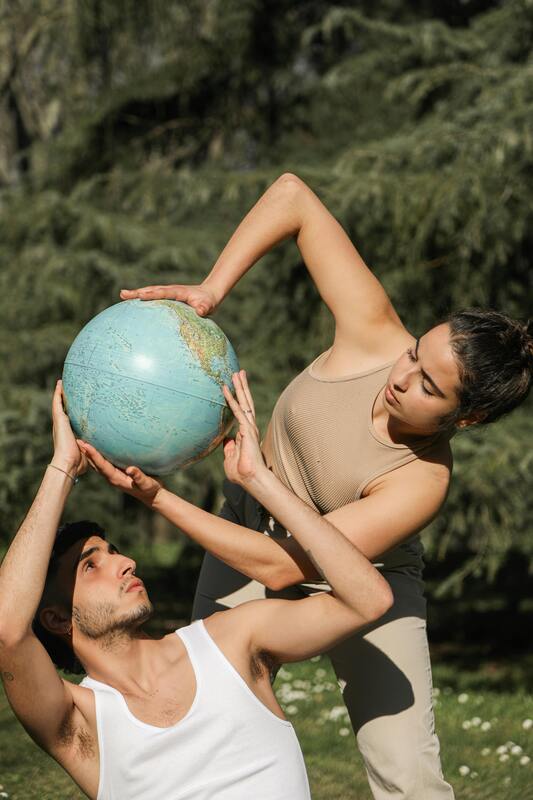
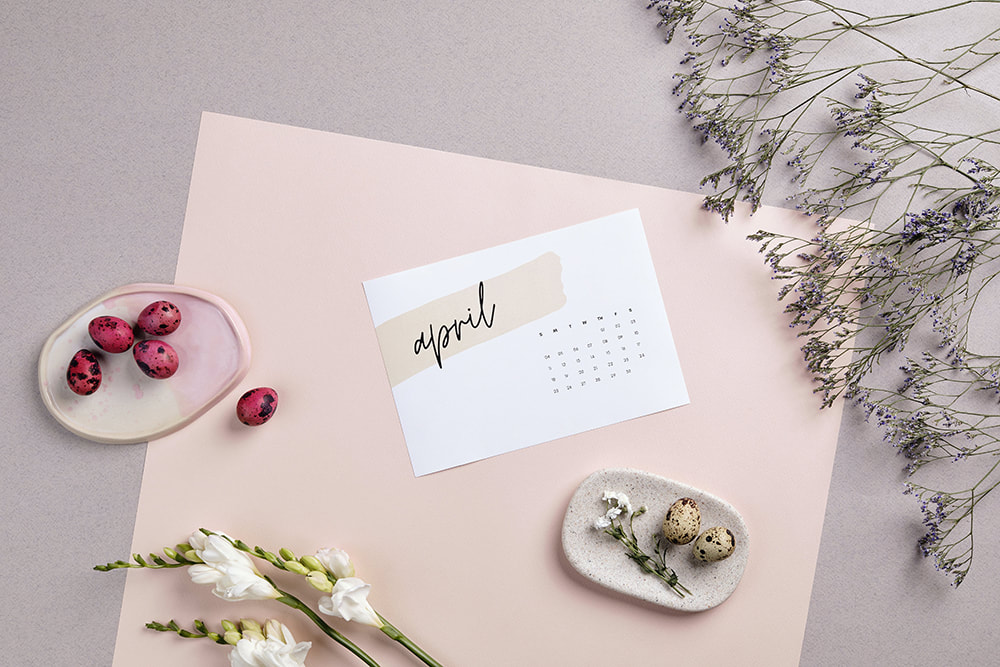
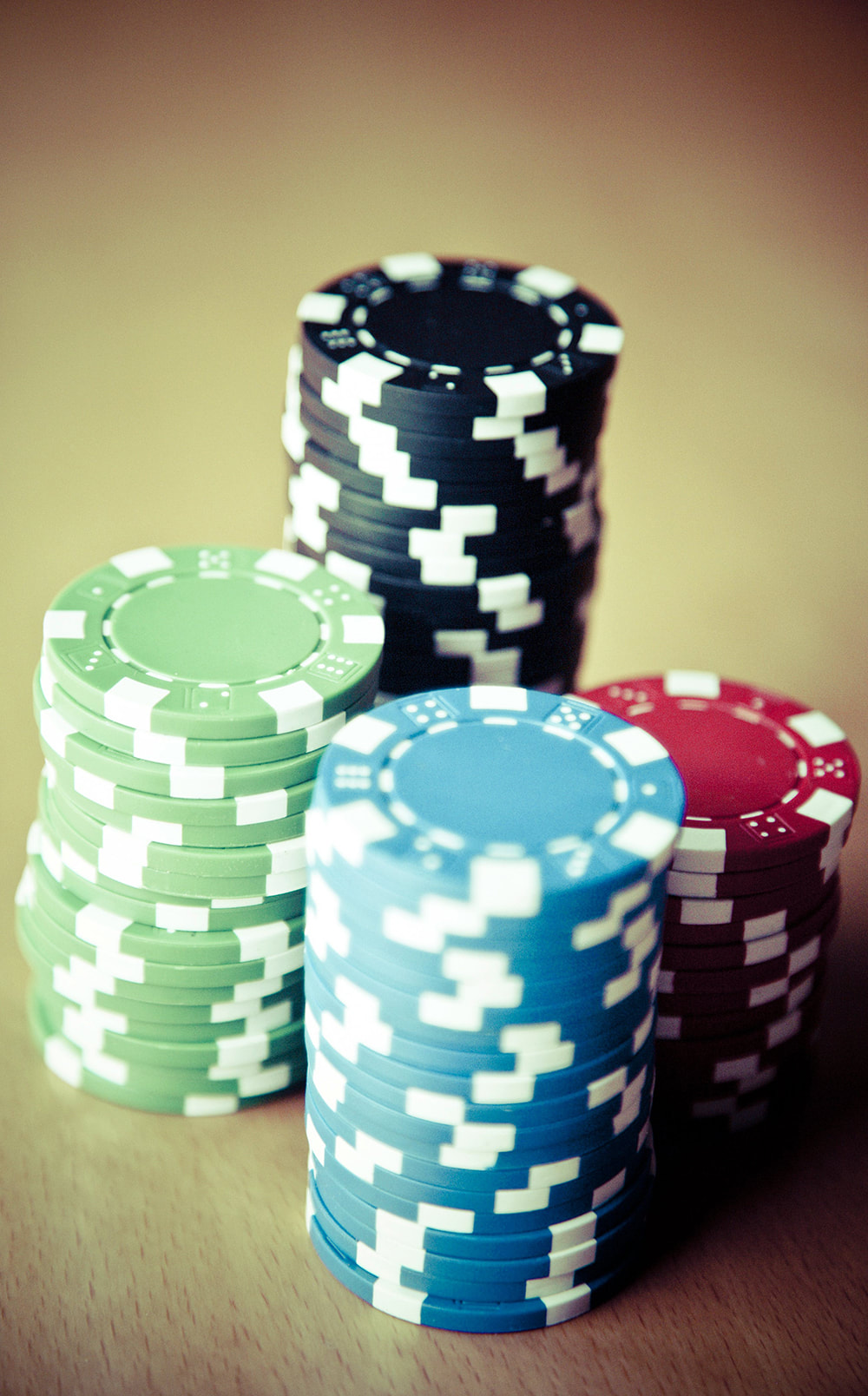
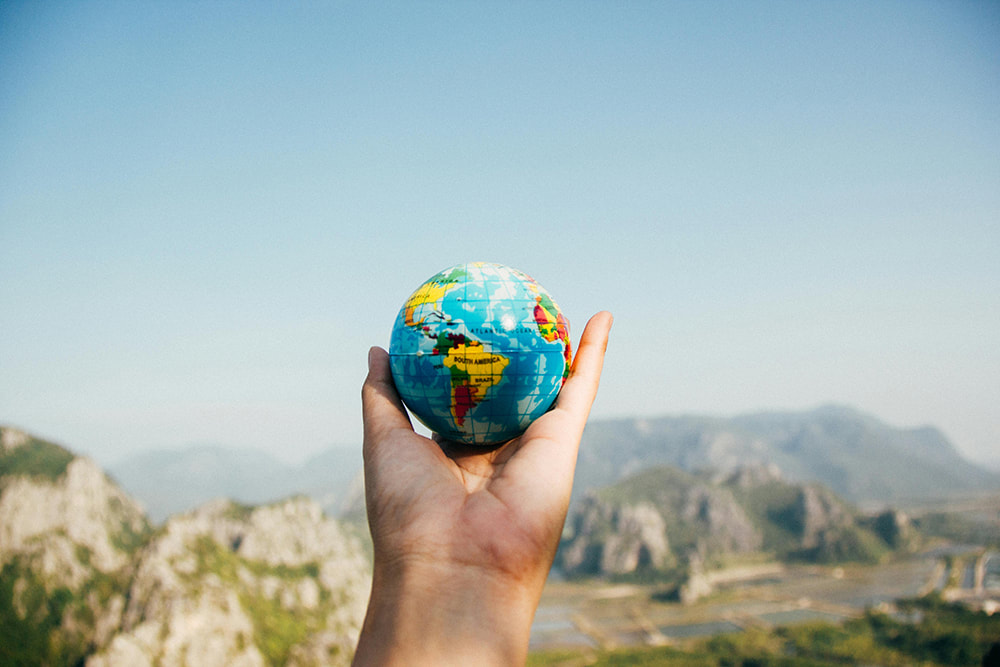
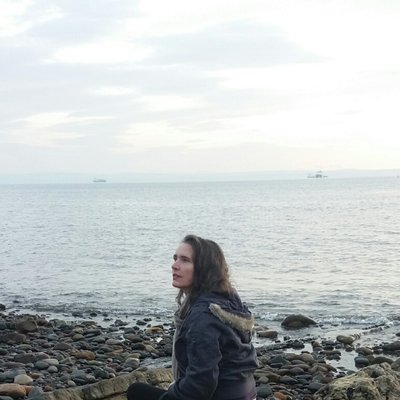
 RSS Feed
RSS Feed
